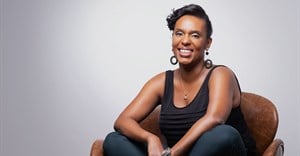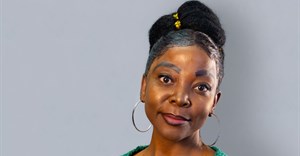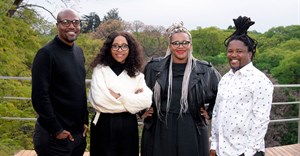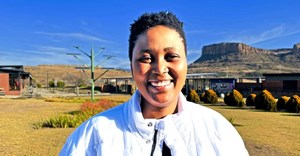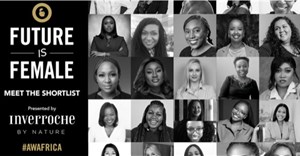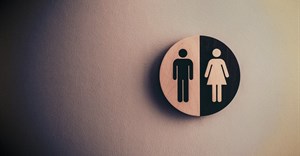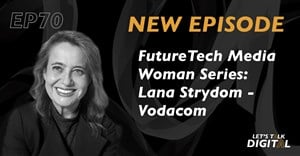Trending
#Loeries2016: #Unstereotype advertising: good for people, good for brands
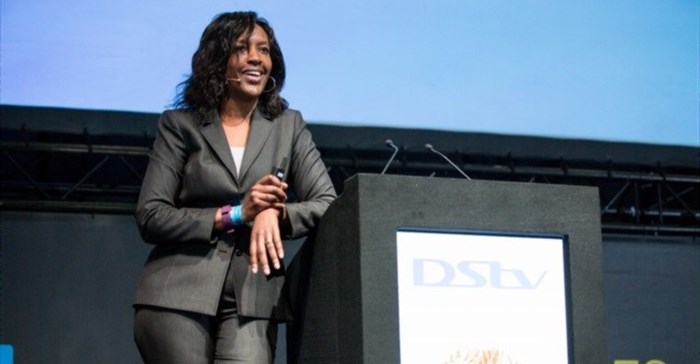
Debra Mallowah, VP personal care at Unilever Nairobi, delivered an address about gender stereotyping in advertising that drew cheers and tears. Her assertion was that advertising is the business of shaping perceptions, so when advertisers perpetuate gender stereotypes, they’re holding society back.
Some sobering research stats were shared based on Unilever's research conducted in Brazil over the past two years. Approximately half of all ads perpetuate outdated stereotypes. 40% of women do not identify at all with the women they see in advertising, while 42% of them say that advertising shows merely a fragment of who they are. While the situation seems more dire for women, men are affected too. 35% do not identify with the men they see in advertising. The advertised ideal is a strong, handsome, sometimes violent, competitive man, all at once.
When considering the millions spent on advertising each year, these numbers are alarming because as Mallowah stated, “stereotypes are not good for people and they’re not good for brands.”
The evolution of women
If gender identity has evolved over time, shouldn’t advertising change in line with that? Women have advanced, with studies showing that there are more women attending university today than men, and that women make the key financial decisions in households. But marketing and advertising has been slow to catch up.
Only 3% of ads feature women in managerial or professional positions, and one in two ads in magazines show women being sexualised. They’re rarely presented as having any form of authority and are disproportionately represented in domestic scenes. When looking at personality, women are also shown to be nagging, an airhead, or at best, agreeable. To a large extent, if advertising is anything to go by, the roles and expectations of women have not evolved globally.
Kids are affected too. According to Mallowah, toys are more divided by gender today than 50 years ago, fitting neatly into pre-decided colour codes of pink and blue – conditioning children from a very young age into thinking they need to fit into one of two boxes.
A positive shift
But there have been shifts occurring for the better. In pop culture, one can look at top-rated TV shows such as Orange is the New Black and How to Get Away with Murder, which shows prominent and successful females in lead roles. Even Nollywood (that's Nigerian Hollywood), which has previously been criticised for their female gender stereotyping, has recently released films celebrating female heroes, 93 Days being an example of this.
Locally, Ayanda and the Mechanic is the acclaimed coming-of-age story about a 21-year-old woman thrown into a world of greasy overalls, gender stereotypes and abandoned vintage cars once loved, now in need of a young woman’s re-inventive touch to bring them back to life again – all in a fight to save her father’s motor repair shop.
Social media is embracing the shift too. In July, Google introduced a new range of emojis in an effort to celebrate gender equality, with a specific focus on increasing the representation of female professions. The new icons include new professions such female doctors, scientists and welders, across all skin colours. Apple has done something similar too.

#Unstereotype campaign
Unilever has announced a global mission to advance advertising away from unhelpful stereotypes, a call to get behind female identity, because when that is changed the general creative output is improved. Mallowah believes that progressive advertising generates stronger engagement and delivers branding impact. The company is inviting the rest of the industry to join them in #unstereotyping advertising. The mission will focus on three key areas:
1. Role: The shift from women being the sole owners of domestic duties, secondary support, only shown in service or product use, to roles in which their aspirations and achievements are prevalent.
2. Personality: The promotion of more colourful and authentic characterisation. An example of this is the Axe brand, which has made a significant shift in their journey of unstereotyping, from the old depiction of women being rendered mindless at its enticing scent, to a display of a more modern concept of attraction with authentic male and female personalities.
3. Appearance: Depicting physical appearance in a more enjoyable, uncritical manner, to promote a healthy perception of beauty.
“We need to do away with stereotypes, it’s a social imperative and it’s better for business. If advertising is about shaping perception, then advertising can be a powerful force in leading the chain of positive perceptions around gender.”









